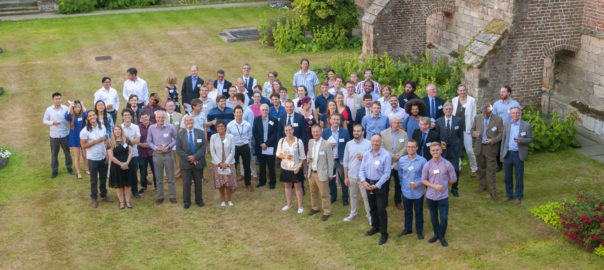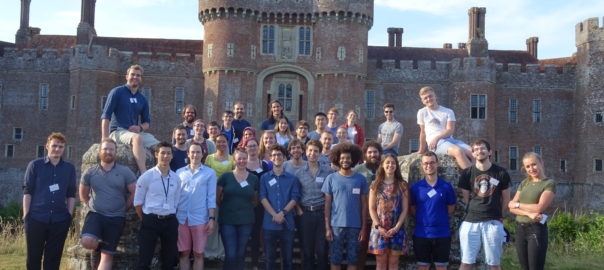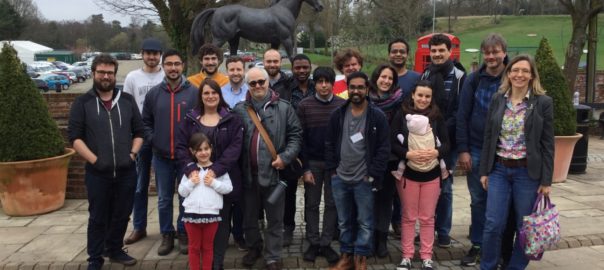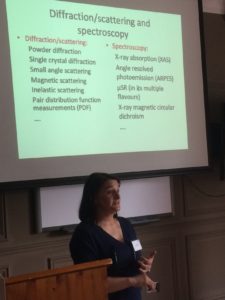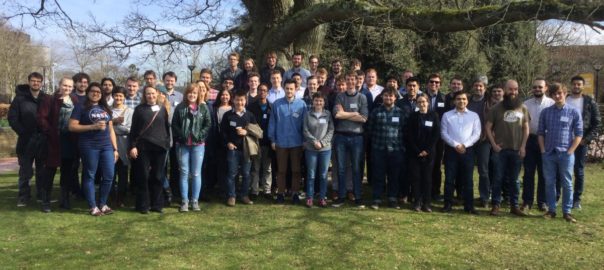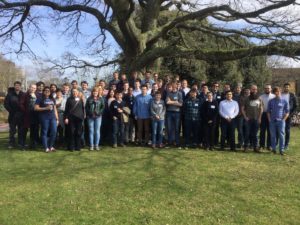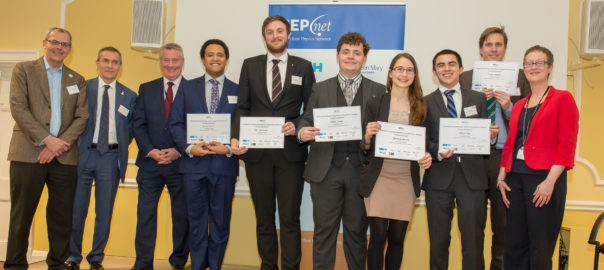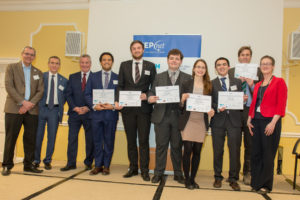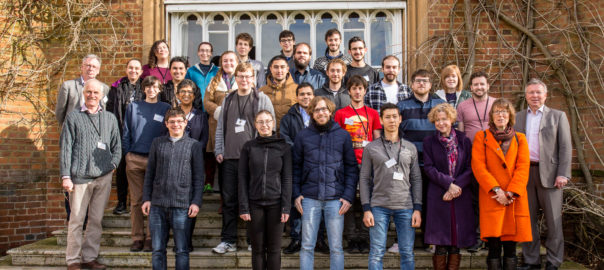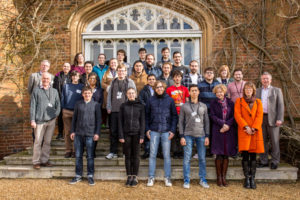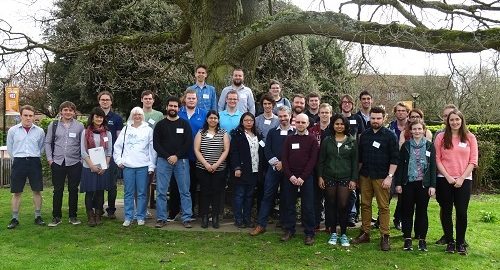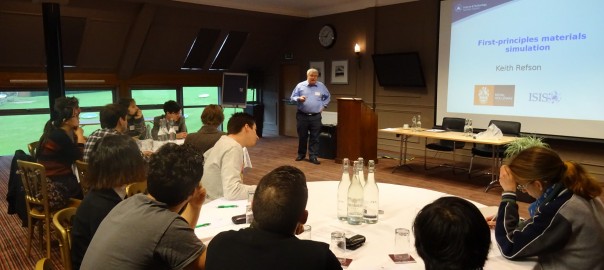The fifth GRADnet Summer took place on 2-5 July 2018 at Herstmonceux Castle in East Sussex. As in previous years the school comprised a broad menu of workshops and challenges led by different employers designed to offer students an insight into opportunities beyond their PhD. A consultancy challenge took place on the last day and students worked in teams to create solutions using the skills they have learnt in their PhD.
AN EMPLOYER-LED PROGRAMME: AkzoNobel; AWE; Centronic; Deloitte; IOP; Kindred Group; NVIDIA; Observatory Science Centre; QinetiQ; Royal Surrey County Hospital and WP Thompson.
SPEAKERS: Ian Chapman, Institute of Physics, Dr Rowena Fletcher-Wood, Things we don’t know, Prof Seb Oliver, University of Sussex, Sarah Spencer, University of Sussex and Dr Beccie Whittaker, Oasis Academy, South Bank.
Thank you to Kay Pearson, Employability and Professional Skills Adviser, University of Surrey for sourcing three excellent consultancy challenges and Cristobel Soares-Smith, Graduate Network Administrator for making this such a successful event!
WHAT THE STUDENTS SAID:
- My PhD can lead to an enjoyable non-academic career.
- My reasons for attending were because I wanted an idea about what to do after my degree. I was hoping to get connections with employers. Furthermore, I wanted to meet friends from previous events again. Even though I come from a chemistry background doesn’t mean I can’t do a “hard core” physics job. My different background might even be useful to provide a fresh view.
- The consultancy challenge was a very good experience! Despite having no background in nuclear physics or maybe because it was something completely differently I enjoyed the intensive research.
- The most valuable thing to me that I take away from the summer school is that there are more opportunities out there than I thought and I learnt to keep an open mind.
WINNERS OF THE CONSULTANCY CHALLENGE:
AgFE: Team 3: Ilya Antonov, RHUL, Michael Hubbard, Surrey, Ying Liu, QMUL and Charlie Nation, Sussex.
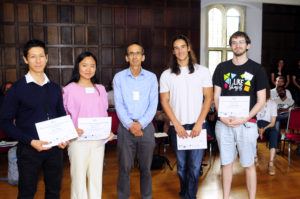
Centronic: Team 1: Matthew Russell, Southampton, Sean Lawlor, RHUL, Malin Schulz, Surrey and Clark Baker, QMUL.
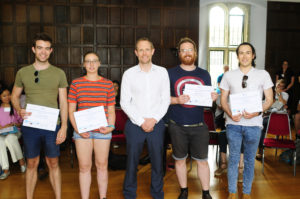
Observatory Science Centre: Team 1: Harry Fox, The OU, Azizah Hosein, Sussex, Vassilia Spathis, Kent and Elizabeth Swann, Portsmouth.
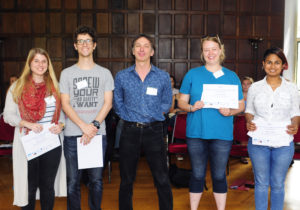
People’s Choice: Centronic Team 3: Michele de Leo, Surrey, Kareem Farrag, Southampton, Callum Grove, Surrey, Örs Istok, Surrey.
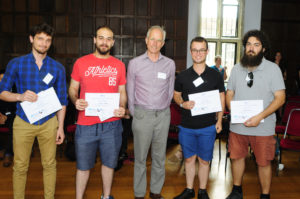
Congratulations!

